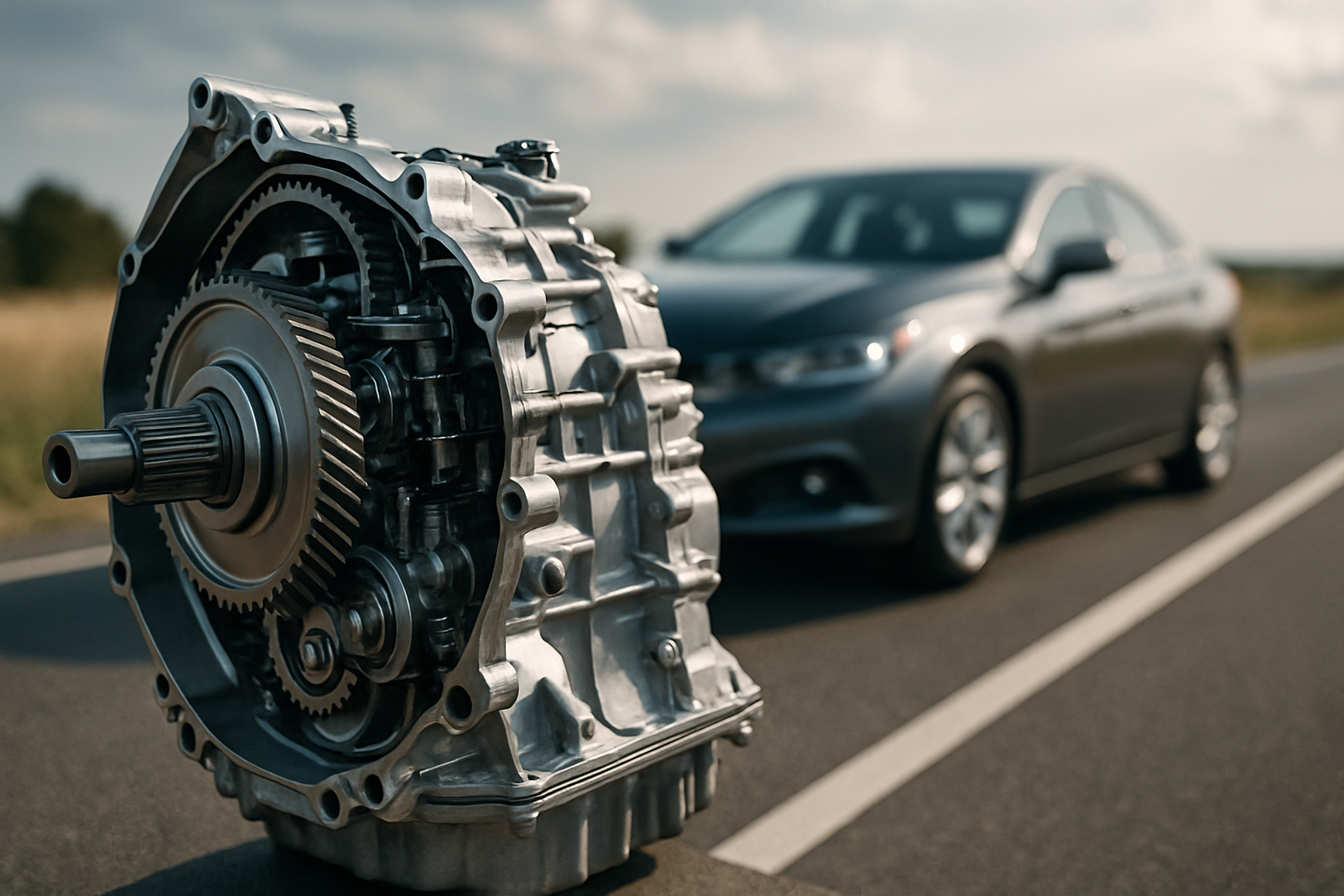Thinking About Buying an SUV in 2025? Read This First or Regret It Later
If you're considering buying an SUV in 2025, you're not alone — but a lot has changed, and not all of it is good news for buyers. With shifting fuel economy standards, rising maintenance costs, and a growing divide between true value and flashy marketing, it's more important than ever to look beyond the surface. Some SUVs offer exceptional reliability and affordability, while others are loaded with hidden trade-offs that could cost you thousands over time. Before you head to the dealership or click "buy now," make sure you're not falling into one of the most common traps buyers face this year. Want to make a smart, regret-free decision? Start by exploring the real pros and cons of buying an SUV in 2025.

How Are Fuel Economy Changes Impacting SUV Buyers in 2025?
The automotive landscape has shifted dramatically with new CAFE (Corporate Average Fuel Economy) standards pushing manufacturers to achieve higher fuel efficiency across their fleets. These fuel economy changes impacting SUV buyers in 2025 mean that many traditional gas-powered SUVs are being phased out or redesigned with smaller engines and turbocharging. While this improves gas mileage on paper, real-world driving often reveals different results. Many buyers discover that turbocharged engines require premium fuel and may not deliver the advertised efficiency in stop-and-go traffic or highway driving conditions.
What Are the Hidden Long-Term Costs of Popular SUV Models?
Beyond the sticker price, the hidden long-term costs of popular SUV models can significantly impact your budget over time. Premium SUVs often require specialized maintenance, with oil changes costing $100-200 compared to $30-50 for standard vehicles. Tire replacement for larger SUVs can run $800-1,500 per set, and many popular models use proprietary parts that increase repair costs. Additionally, depreciation hits SUVs harder than sedans, with luxury models losing 50-60% of their value within the first three years.
Which Are the Top Reliable SUVs Under $35K This Year?
Finding top reliable SUVs under $35K this year requires focusing on models with proven track records rather than flashy features. The Honda CR-V, Toyota RAV4, and Mazda CX-5 consistently rank highest for reliability and retain their value better than competitors. These models offer comprehensive warranties, widely available parts, and lower maintenance costs. The Subaru Forester and Nissan Rogue also provide solid reliability at competitive price points, though the Rogue has had some CVT transmission concerns in previous model years.
What Must-Know Dealership Tactics Should You Avoid Before You Buy?
Understanding must-know dealership tactics before you buy can save you thousands of dollars and prevent buyer’s remorse. Dealers often advertise low monthly payments while extending loan terms to 84 months, dramatically increasing total interest paid. Extended warranties are frequently marked up 100-200% above cost, and add-ons like paint protection and fabric coating provide minimal value. Always negotiate the total vehicle price first, secure financing independently through banks or credit unions, and research true market values using resources like KBB or Edmunds before visiting dealerships.
What Unique Factors Affect SUV Ownership in the United States?
SUV ownership in the United States comes with unique considerations that vary significantly by region. In states like California and Washington, stricter emissions standards may limit certain model availability, while areas with harsh winters benefit from standard all-wheel-drive systems. Insurance costs for SUVs can be 10-20% higher than sedans due to increased accident severity and higher repair costs. Additionally, many urban areas are implementing congestion pricing and parking restrictions that particularly affect larger SUVs, making compact crossovers more practical for city dwellers.
How Do Current SUV Prices Compare Across Different Categories?
| SUV Category | Popular Models | Price Range | Key Features |
|---|---|---|---|
| Compact SUVs | Honda CR-V, Toyota RAV4, Mazda CX-5 | $28,000-$35,000 | Best fuel economy, easier parking, lower maintenance |
| Mid-Size SUVs | Honda Pilot, Toyota Highlander, Ford Explorer | $35,000-$50,000 | 3-row seating, balanced performance, family-friendly |
| Full-Size SUVs | Chevrolet Tahoe, Ford Expedition, Toyota Sequoia | $50,000-$75,000 | Maximum cargo/towing, higher fuel costs, premium features |
| Luxury SUVs | BMW X5, Mercedes GLE, Audi Q7 | $60,000-$90,000 | Premium materials, advanced tech, higher maintenance costs |
Prices, rates, or cost estimates mentioned in this article are based on the latest available information but may change over time. Independent research is advised before making financial decisions.
What Are the Key Pros and Cons of Owning an SUV in Today’s Market?
The key pros and cons of owning an SUV in today’s market present a complex picture for potential buyers. Advantages include superior cargo space, higher driving position for better visibility, and improved safety ratings due to size and weight. Many SUVs offer all-wheel-drive capability and better winter performance than sedans. However, disadvantages include higher purchase prices, increased fuel costs, more expensive insurance premiums, and reduced maneuverability in tight spaces. Environmental impact is also a growing concern, as even efficient SUVs typically consume more fuel than comparable sedans.
The SUV market in 2025 offers both opportunities and pitfalls for savvy buyers. Success lies in focusing on your actual needs rather than wants, researching long-term costs beyond the purchase price, and avoiding common dealer tactics that inflate the final cost. Whether you choose a reliable compact crossover or a full-size family hauler, thorough research and realistic budgeting will help ensure your SUV purchase serves you well for years to come.




